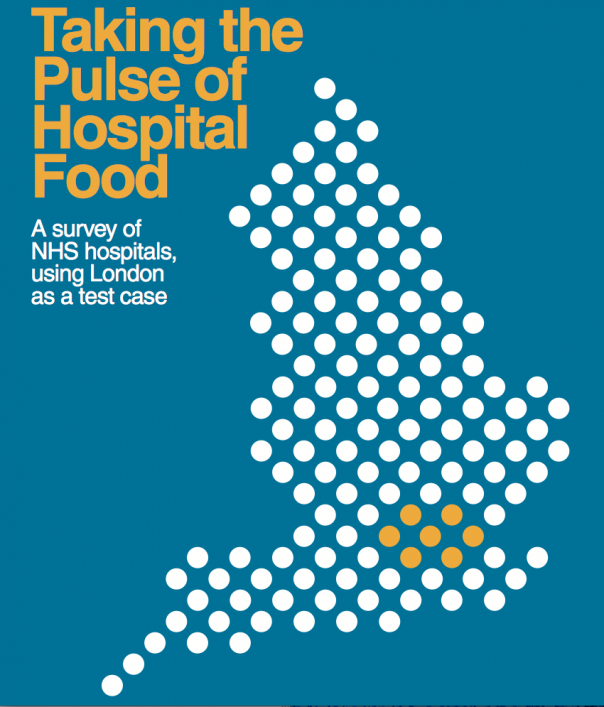
The report criticises ‘a subset of hospitals that perform poorly in almost every measure’, notes that most do so in some areas, and puts much of the blame on the lack of legal standards for hospital food.
Phil Shelley, chair of the HCA, said: “We campaign strongly for collaboration with catering, clinical and dietetic teams, excellent quality of food and a service provision that must be joined together to maximise effectiveness for the patient and their recovery.
“The association represents all NHS catering across the four nations and believes London should not be considered as a benchmark for the rest of the UK.
“Although this report highlights some positive examples, it appears to give a narrow view of what services should be like and does not fully consider the constraints hospital caterers have to work under.
“The recommendations in the report - to cook fresh and on site and the pledge to bring that into law, bears no relevance to the financial constraints or actual infrastructure in place within hospitals.
“It also does not consider the strong government-led programme of private finance initiative (PFI) hospitals.”
He added: “The report gives suggestions as to what hospitals and the NHS can do to address issues concerning food and by doing so it implies that hospitals have the power to implement specific changes, when in fact many of the decisions would have to come from the government.
“Buying only British food would have extreme cost implications for the NHS, and we would certainly welcome and support any suggestion that hospitals and catering departments should be provided with more resources, particularly financial, to support the delivery of nutritious food within hospital settings.”
The research was carried out by Sustain’s Campaign for Better Hospital Food project, with data collected from 30 of the 39 acute hospitals in the capital.
It found that 50% of hospitals were not fully compliant with the NHS Standard Contract, 77% cook food fresh for staff, 30% do so for patients, 20% don’t provide a hot meal for patients who miss a meal time and 17% serve patient food in ready meal packaging.
Shelley said: “Our Last 9 Yards movement campaigns to bring all of catering back under the control of hospital caterers. This includes the final delivery of food at the patient’s bedside, which currently is often not carried out by catering staff.
“It is disappointing to note that a small number of hospitals in the sample are still delivering food in ready meal packaging and we would recommend food to be served, where appropriate, on plates as it is at home.
“Feeding patients with a broad range of dietary requirements as the NHS does on a daily basis, means there are exceptions to this. For example some specially prepared meals such as kosher must be protected from outside influence and are required to be presented in their original packaging.
“We would be interested in a detailed breakdown from Sustain on the types of meals they found to be presented in ready meal packaging.”
At this year’s HCA Leadership and Development Forum in Belfast from April 6-7, Shelley will officially launch the association’s own report which looks at hospital catering services across England, Wales, Scotland and Northern Ireland.
The document titled NHS Patient Catering, UK – Four Nations Report, surveyed more than 400 branch members across some 266 NHS hospital Trusts, covering the style of catering being provided.